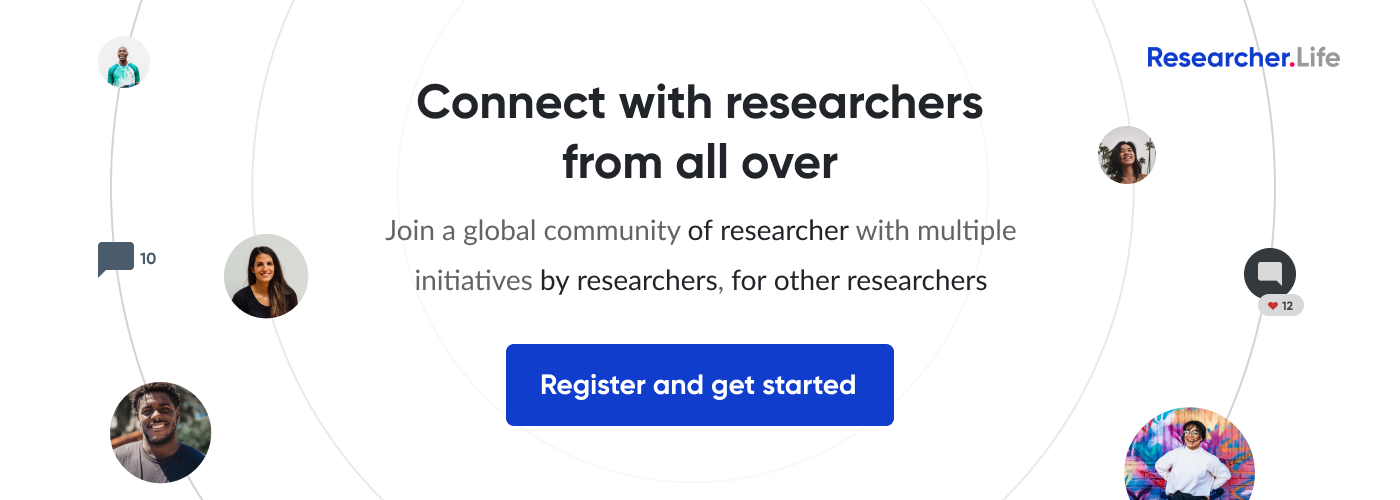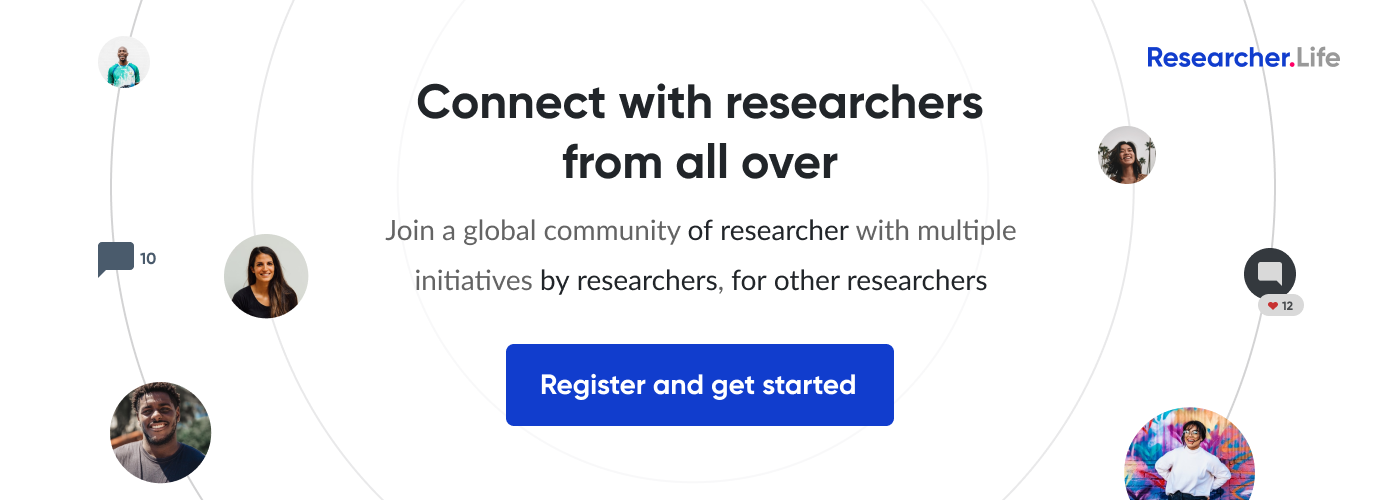Academic publishing and scholarly communications: Good reads, October 2015

By now, you know that we are passionate about keeping ourselves updated about the latest happenings in academic publishing. We want to know it all – latest trends, new developments, current issues, and top events. And once we find out about what’s trending, we are keen on sharing it with you through news articles, posts, infographics, videos, etc. So what was trending in October? The star attraction was International Open Access Week, which was held in all corners of the world between October 19 and 25. We also came across some interesting updates and discussions on a variety of topics related to academic life and publishing.
We are sure you will enjoy catching up as much as we did. Happy reading!
1. 2015 International Open Access Week: Between October 19th and 25th the global academic and publishing community came together to celebrate International Open Access Week. The theme this year – Open for Collaboration - highlighted the power of openness to drive collaboration and advance research. Editage Insights also participated in the event by publishing a video about open access myths, and an infographic covering the basics of open access publishing. We also had some exciting conversations with renowned open access advocates. Check out our interviews with Abel Packer (co-founder of SciELO), Richard Poynder (independent blogger/journalist and open access advocate), and with Dr. Seo JeoongWook (Professor of Pathology at Seoul National University, Korea) and Mikiko Tanifuji (Open Access Publisher, National Institute for Materials Science, Japan).
2. Ethical debate on stem cell research: Stem cell research has always attracted a lot of attention, especially because of the ethical issues it raises. In a recent paper published in Nature Methods, Professor Pera et al. argues that modeling human embryogenesis in a dish certainly opens up new possibilities for science and may help treat developmental disorders. But the idea of growing stem cells in a dish also raises many ethical concerns. Before initiating full-fledged experiments, scientists and regulatory bodies should discuss its potential implications and develop a well-defined regulatory approach that does not violate ethical standards.
3. The problem of irreproducibility and the role of self-deception: One of the biggest threats to scientific progress, today, is the irreproducibility of research findings. In an interesting write-up, Regina Nuzzo talks about how self-deception plays a role in contributing to the problem of irreproducibility in science. Providing stastically significant results has become a trend in scientific publication and when researchers are analyzing large data sets, they may fall prey to their own deceptions and may view a bump or a pattern in data that actually does not exist or is insignificant. Some ways to tackle self-deception are maintaining transparency, blind-data analysis, and collaboration with another group.
4. Clinical trial registration: Despite a 2005 decision by major medical journals that clinical trials must be registered in an approved clinical trial registry to be considered for publication, a new study reports that only 26 percent of randomized trials published in core headache journals were compliant with trial registration requirements. This finding highlights the need for more stringent regulations for and monitoring of clinical trials.
5. An insightful report on peer review: The Peer Review in 2015 report published by Taylor & Francis provides an insight into the perceptions about peer review by authors, reviewers, and journal editors across the globe. The report highlights that the process of peer review is trusted by authors and that the most important motivation to publish in peer reviewed journals is making a contribution to the field and sharing research with others.
6. Author attribution in mass authorship papers: With mass authorship and kilo authorship on the rise, giving credit to authors who have contributed substantially to a study is the need of the hour. This will contribute to more transparency, collaboration, and better data to support hiring decisions. With this aim in mind, GigaScience, a BioMed Central journal, launched a project to spearhead this through Author Contributorship Badges. These badges, indicating the ways in which the author contributed to a study, will appear on articles published in GigaScience as well as on the author's ORCID page.
7. Tim Hunt controversy: The Twitter discussion thread #TimHunt has come to life once again with new discussions on the Tim Hunt sexism case. Nobel Laureate Tim Hunt was accused of sexism because of comments he made at a conference in Seoul in June this year. Later, it was shown that Tim Hunt had been misquoted out of context, and his words were meant as a joke in a larger speech that in fact praised women in science and wished them well. Some recent findings indicate that while the original reporter(s) said that Tim Hunt remained silent when questioned about his sexist comments during a subsequent Q&A session at the Seoul conference, he was actually not in the room at the time of that Q&A session.
For more regular updates from the journal publishing industry, stay tuned to our Industry News section.
Published on: Oct 30, 2015
Comments
You're looking to give wings to your academic career and publication journey. We like that!
Why don't we give you complete access! Create a free account and get unlimited access to all resources & a vibrant researcher community.














